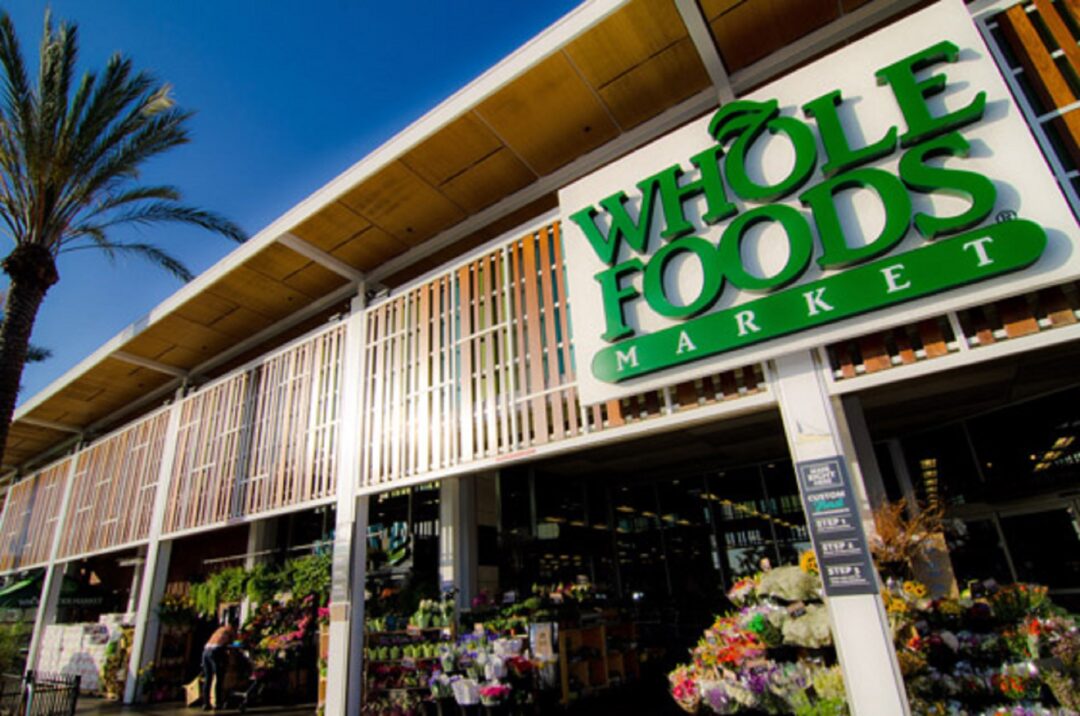
Whole Foods Market Driving Up Suppliers' Costs

According to theWashington Post, an email recently sent to the company’s suppliers, spells out the new system.
Under the previous system, suppliers could run in-store demos for free and oversee their merchandise. Under the new system, companies are required to schedule demos, inventory checks and related activities through Daymon, a retail strategy firm.
Those selling more than $300,000 worth of products annually through the retailer will be required to discount their products 3% (groceries) or 5% (health and beauty), the Post reported.
Whole Foods is also requiring suppliers to pay a fee for in-store demos. Local companies must pay $110 for each four-hour sampling or related program, while national suppliers have to pay $165. If a manufacturer wants to run a demo rather than have SAS Retail Services, a Daymon subsidiary, run it, they must pay a scheduling fee of between $10 and $30, according to thePost.
The independent natural product retailing community knew it was coming and is poised to take advantage of the opportunity by making overtures to brands who can't make the cut.
"This new set of merchandising fees is of a piece with the other changes we've seen so far (no direct vendor-store contact, direct lines only through UNFI (Organic, Natural & Specialty Food Distributor) fromAmazon Whole Foods," says Jay Jacobowitz, president and founder of Retail Insights, Brattleboro, VT. "Basically, the company is focused on scale and efficiency, taking costs out of the system, or shifting costs to vendors. This will add costs to vendors and, at the margins, reduce the variety in assortment Whole Foods carries, as marginal vendors opt out due to unsustainably high servicing costs.
"We'll see how much true product quality, innovation and delight remains after AWF gets done streamlining!"
Littleton, CO-based Daniel Lohman, a consultant to CPG and natural brands, agreed this is leading to the chain’s commoditization.
“Consumers can get the one-size-fits all products at virtually every other mainstream retailer. Once they see that there is little difference between Whole Foods and every other mainstream store, they will change their buying habits,” he predicted.
“Commoditizing the way they demo and merchandise products takes away their flair, diluting their passion,” Lohrman added. “Their shoppers will feel this in their bones. I struggle to see why any natural retailer would want to join that club. Shopper loyalty is not based on price and it does not require a card or club membership True loyalty comes from delivering exceptional service and a product assortment that includes new and different products that cannot be found anywhere else.”
> Earlier coverage: Whole Foods Abandons the Field

The editorial team at WholeFoods Magazine has decades of experiences reporting on natural products industry news, trends, and more. This national, monthly business-to-business magazine has been published continuously for nearly 40 years (the magazine was founded in 1977, and has been owned by Wainer Finest Communications since 1984). It is the longest-tenured media outlet of its kind in the natural products industry. The editorial focus at WholeFoods Magazine is, and always has been, on informing and educating members of the natural products industry.
The Magazine
Information
About Us
NOTE: WholeFoods Magazine is a business-to-business publication. Information on this site should not be considered medical advice or a way to diagnose or treat any disease or illness. Always seek the advice of a medical professional before making lifestyle changes, including taking a dietary supplement. The opinions expressed by contributors and experts quoted in articles are not necessarily those of the publisher or editors of WholeFoods.







